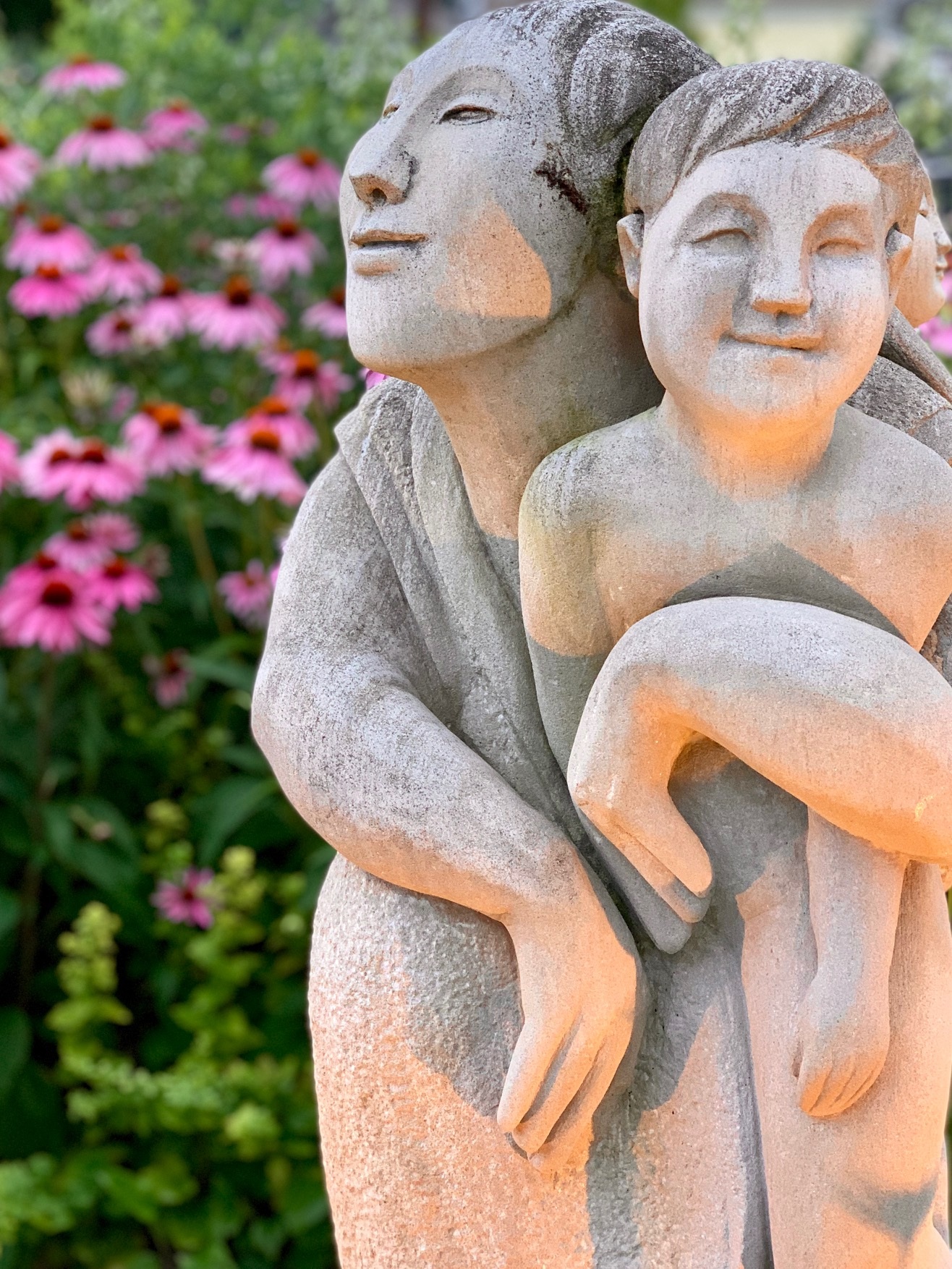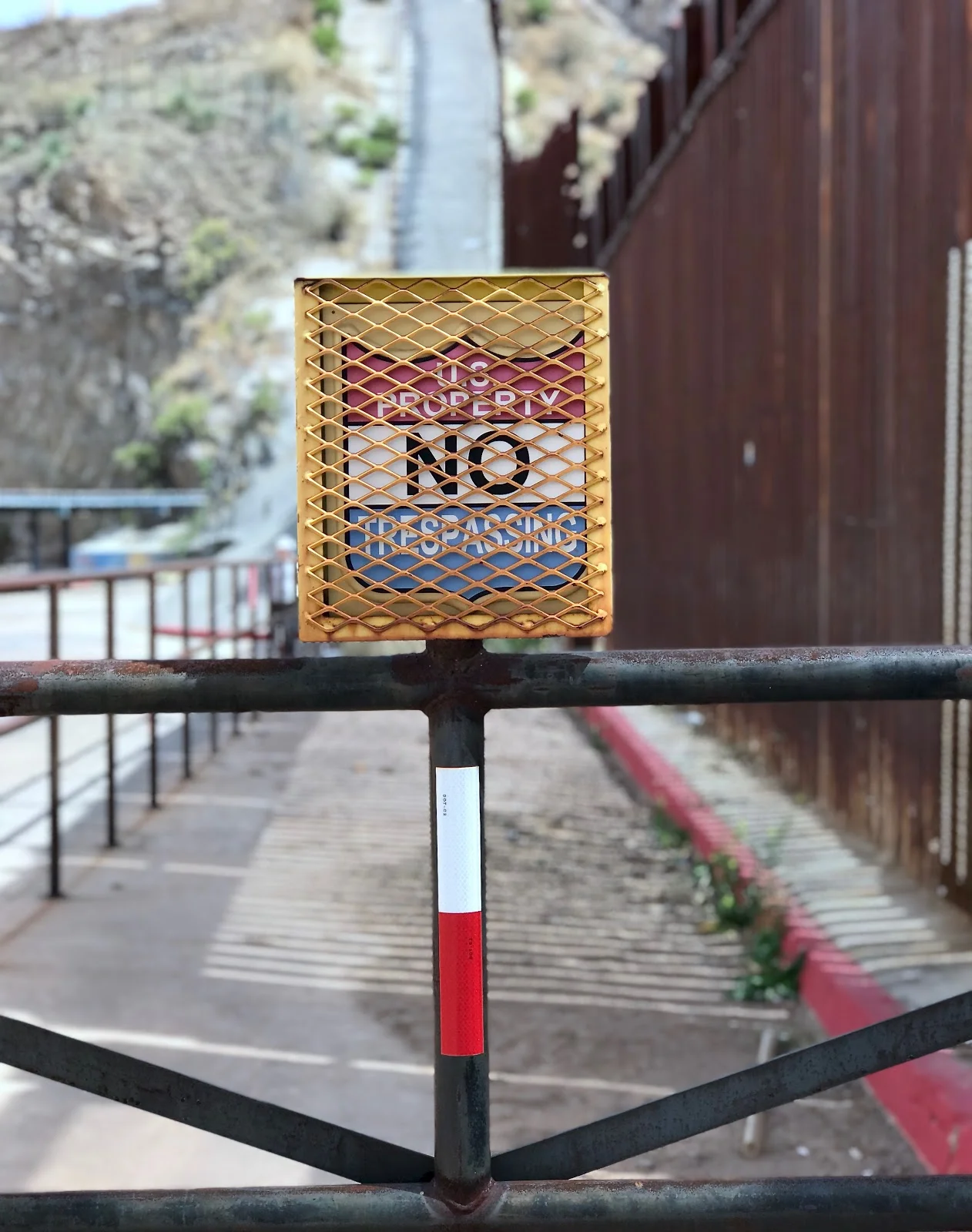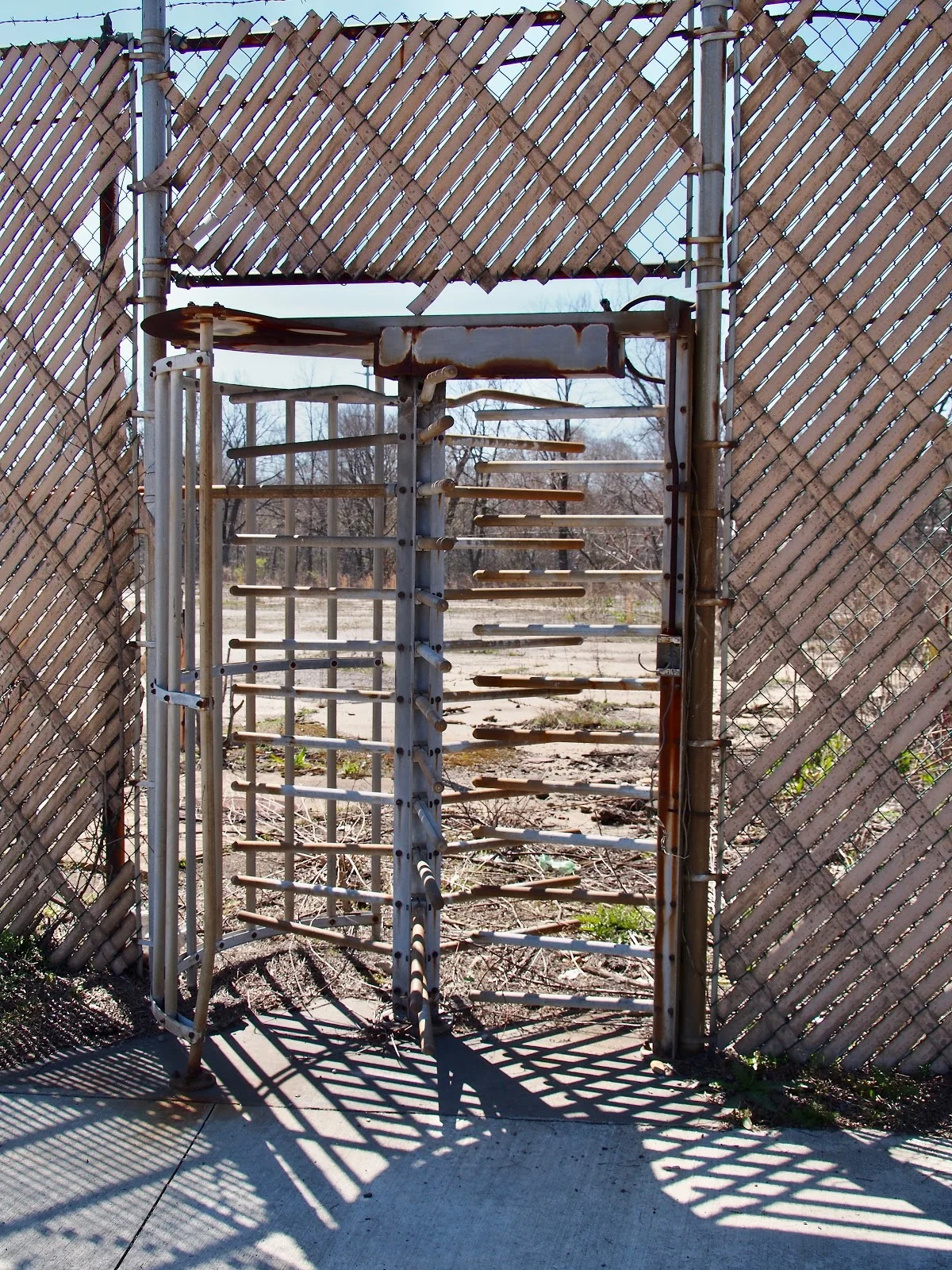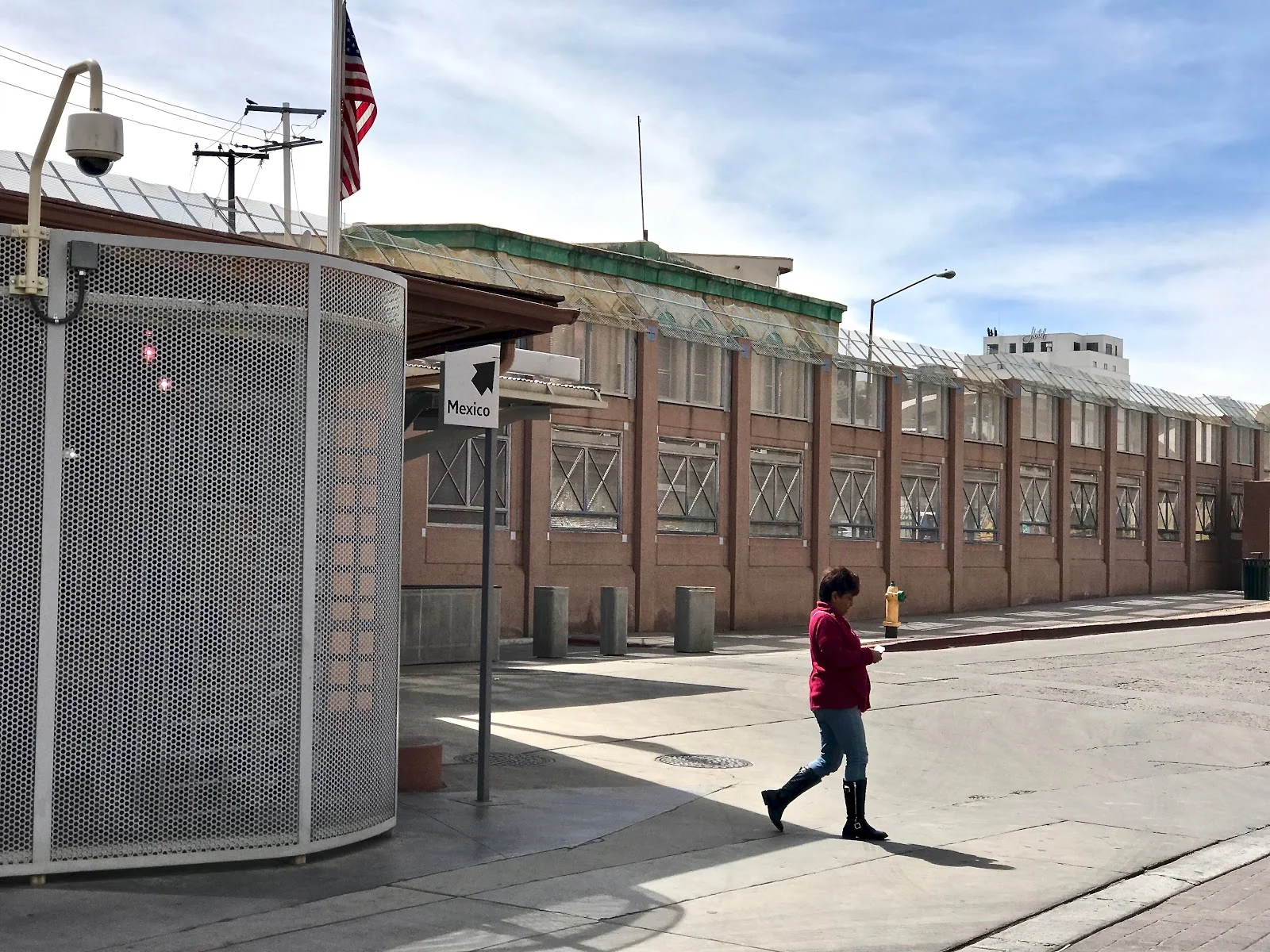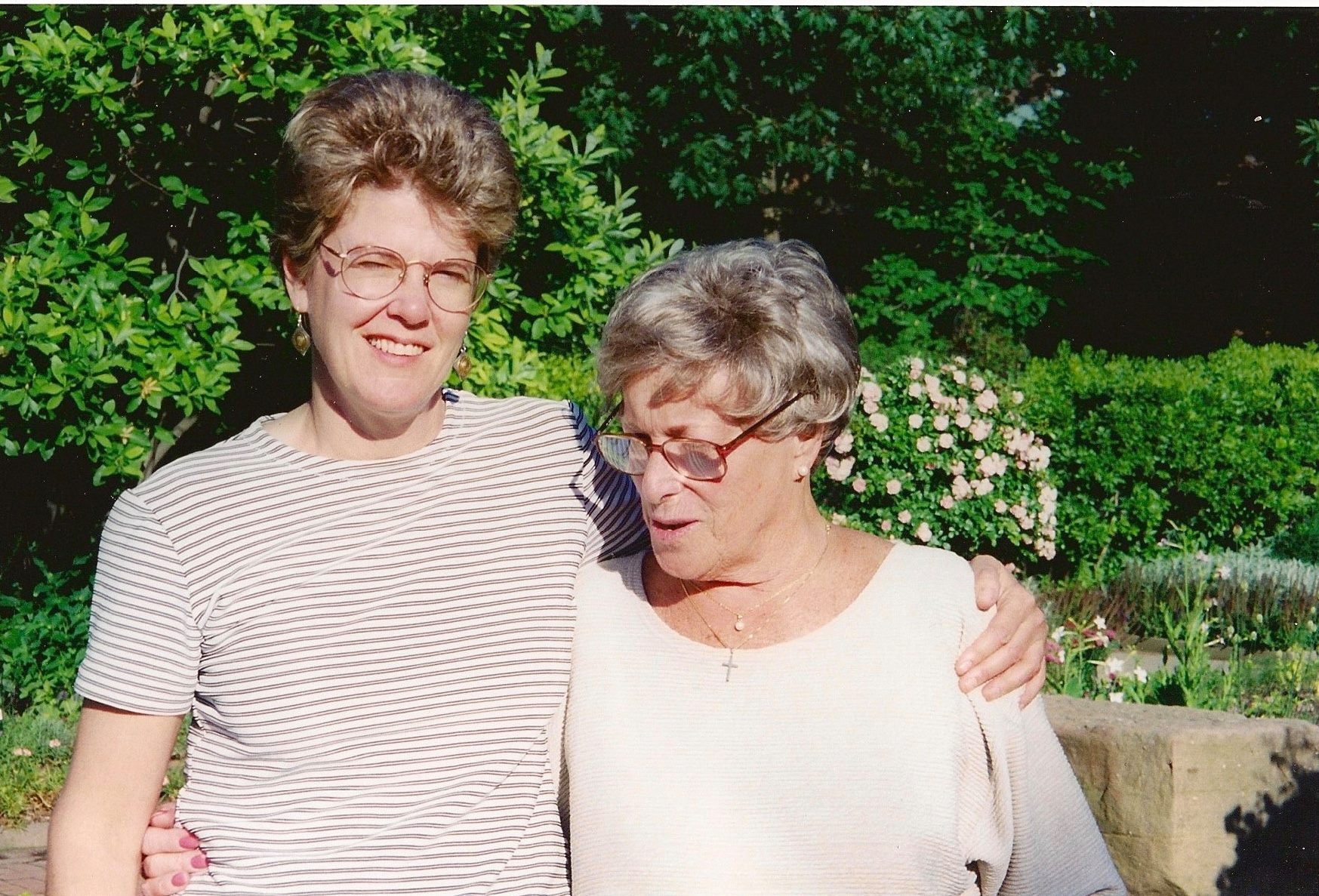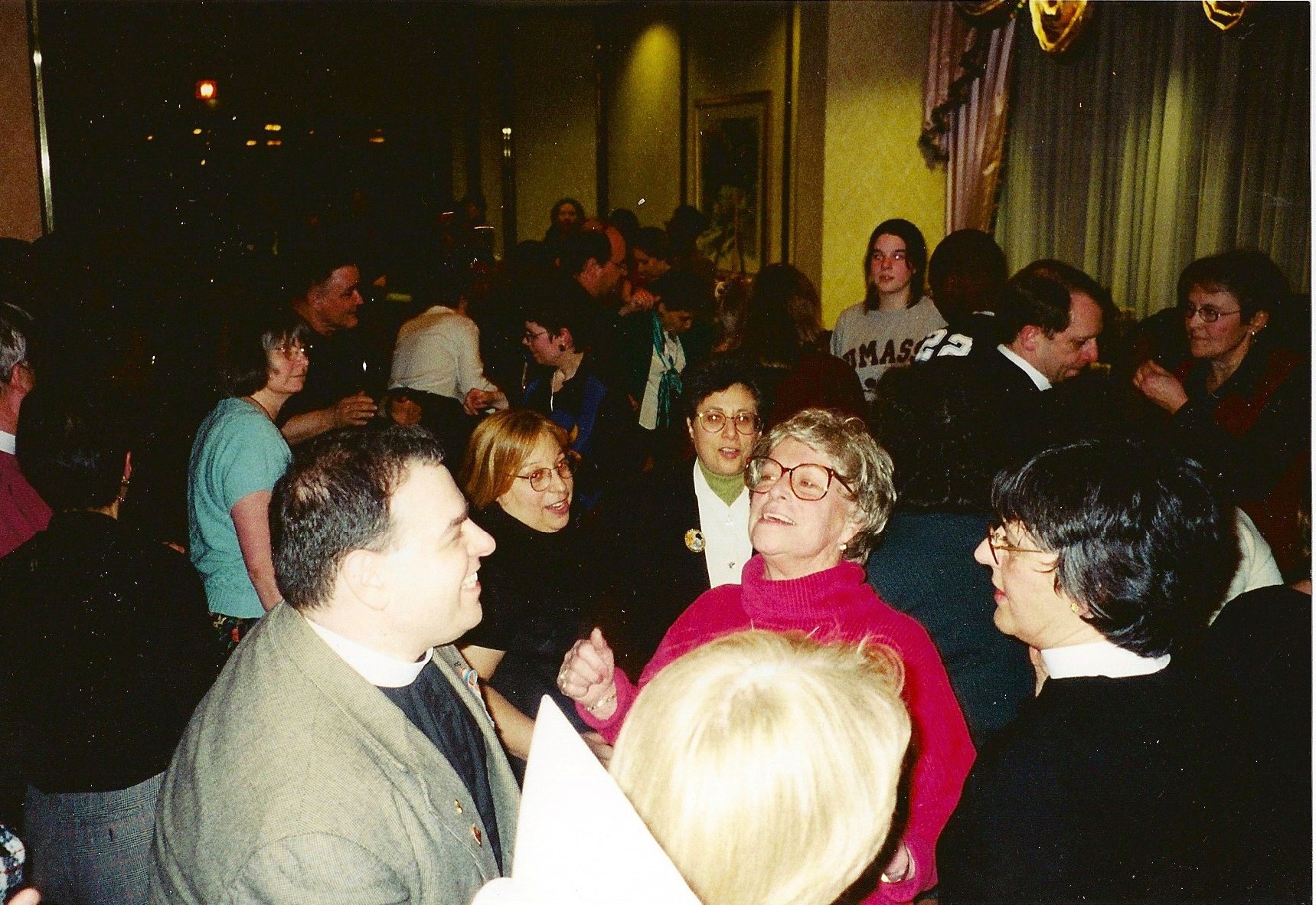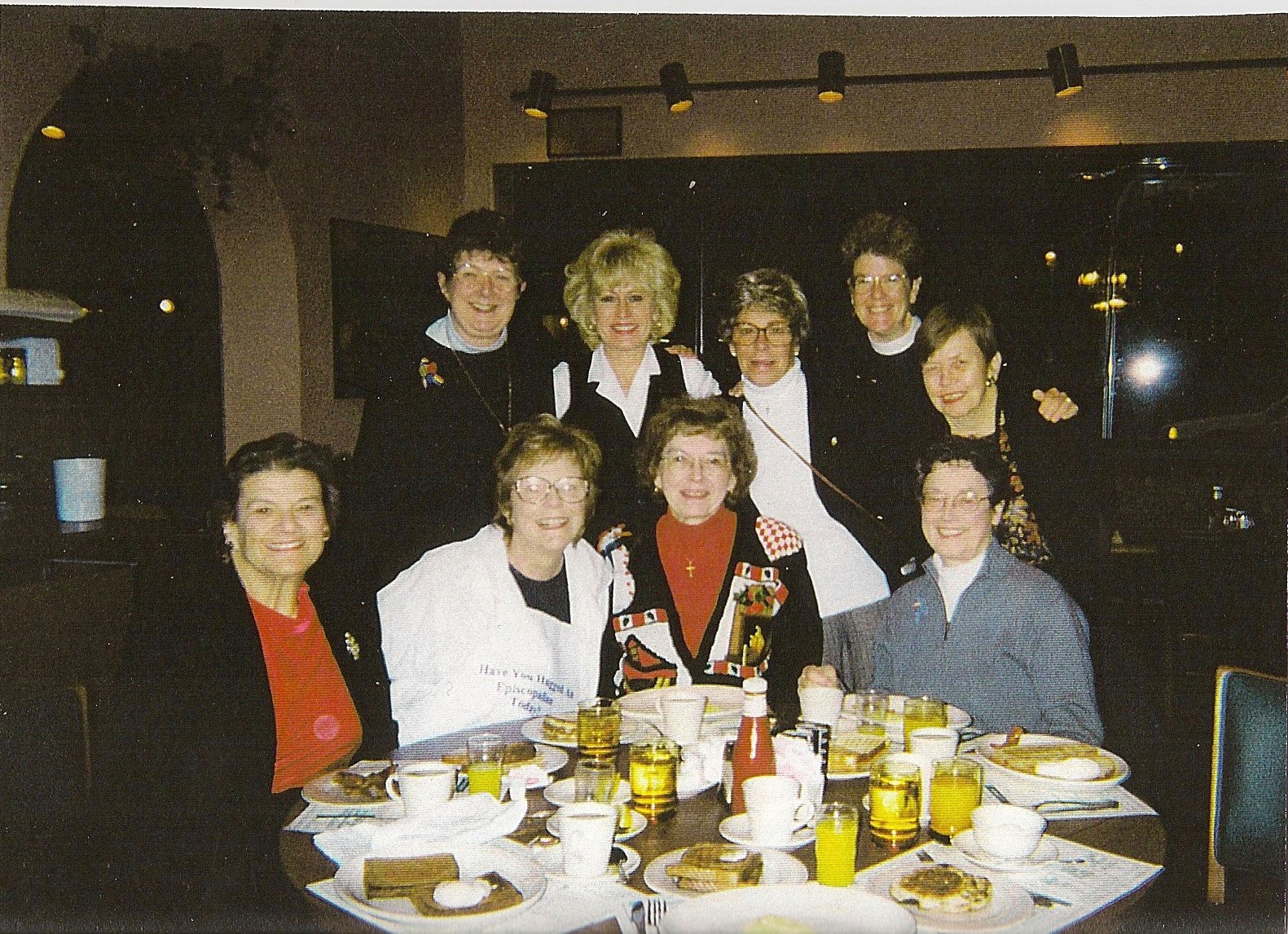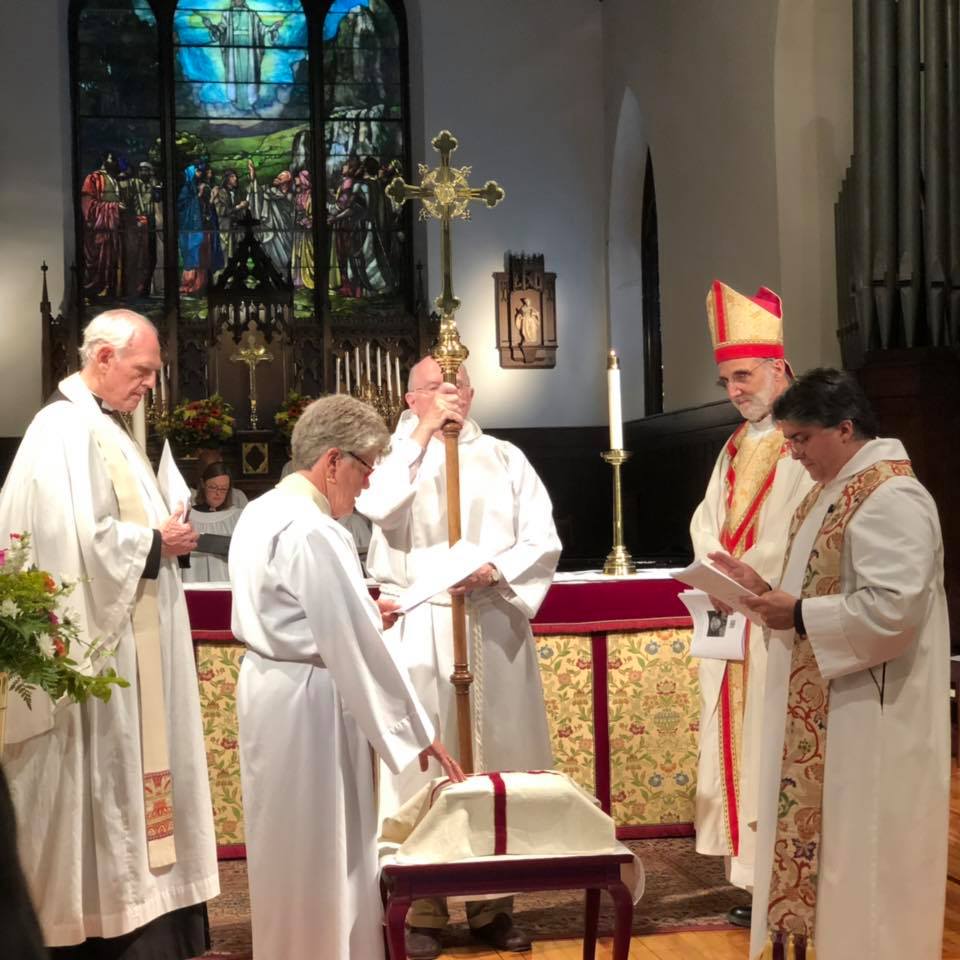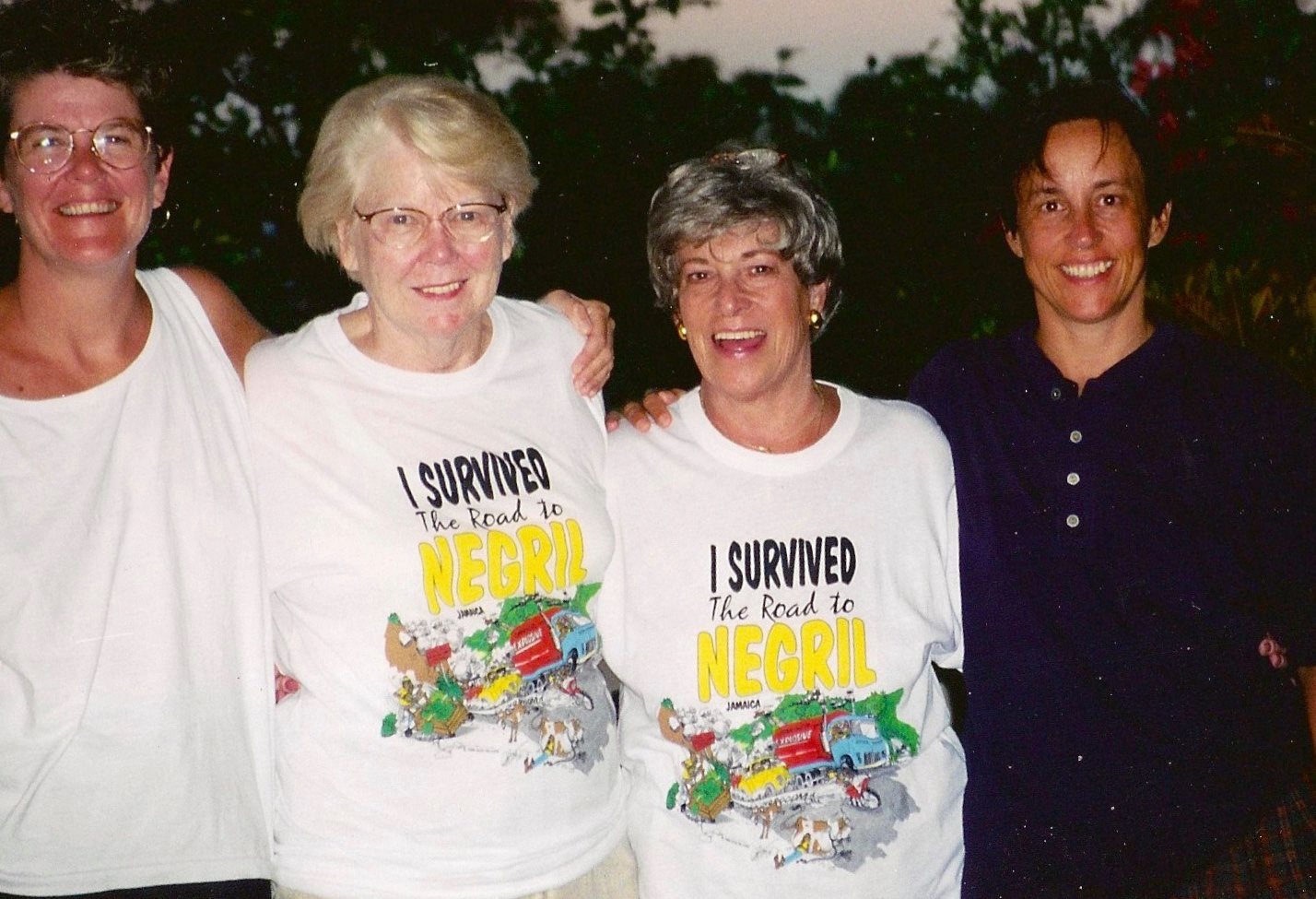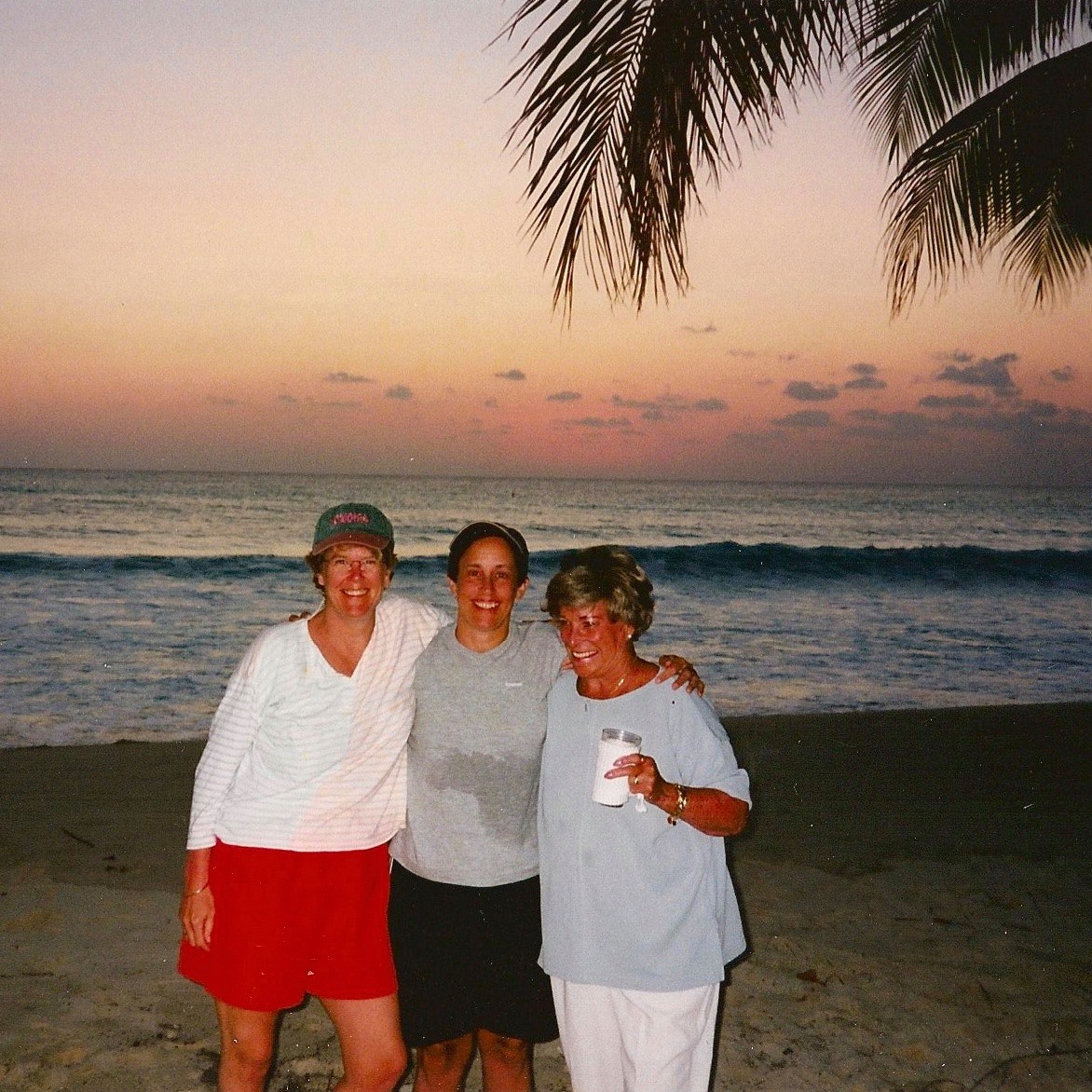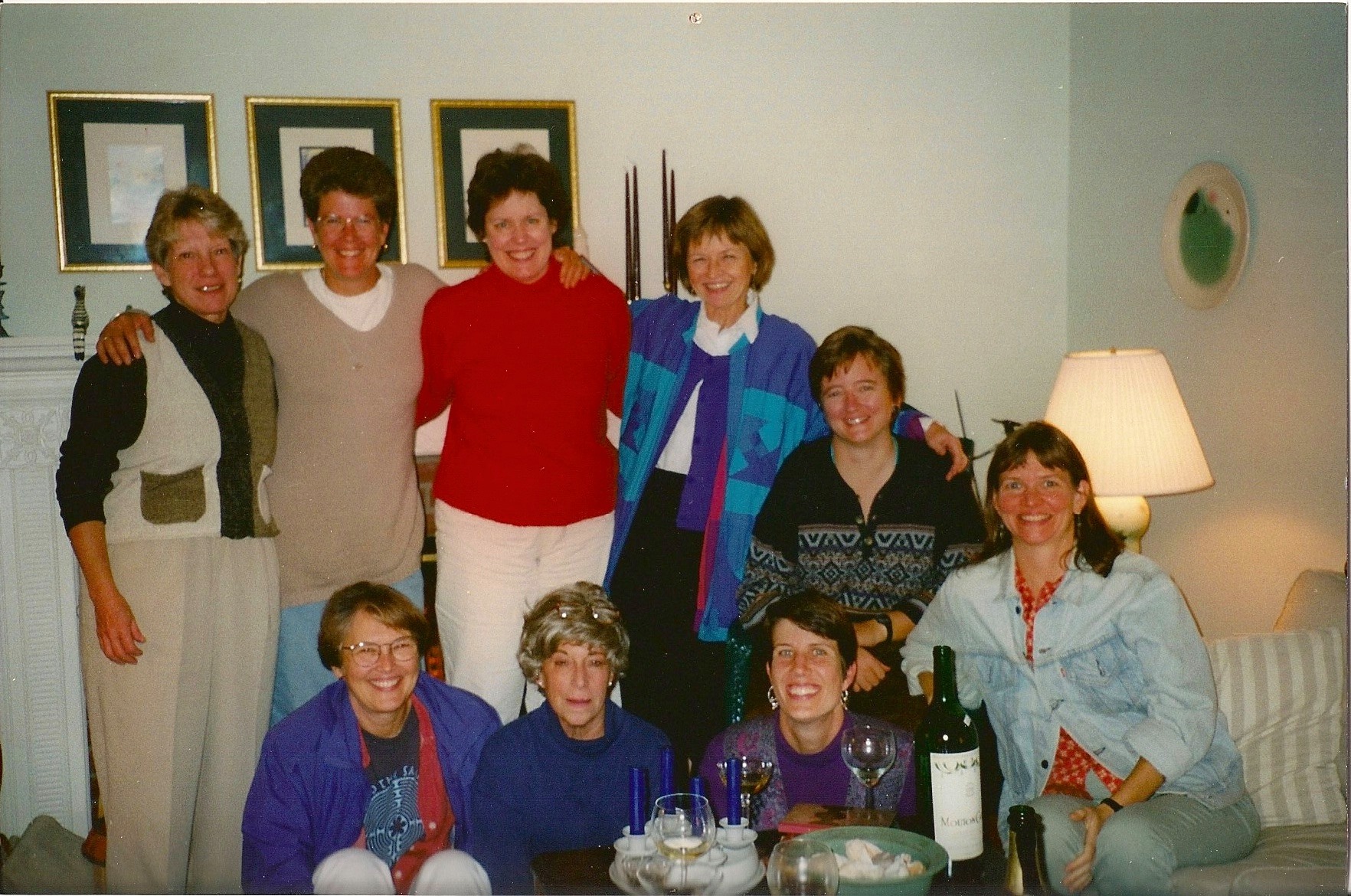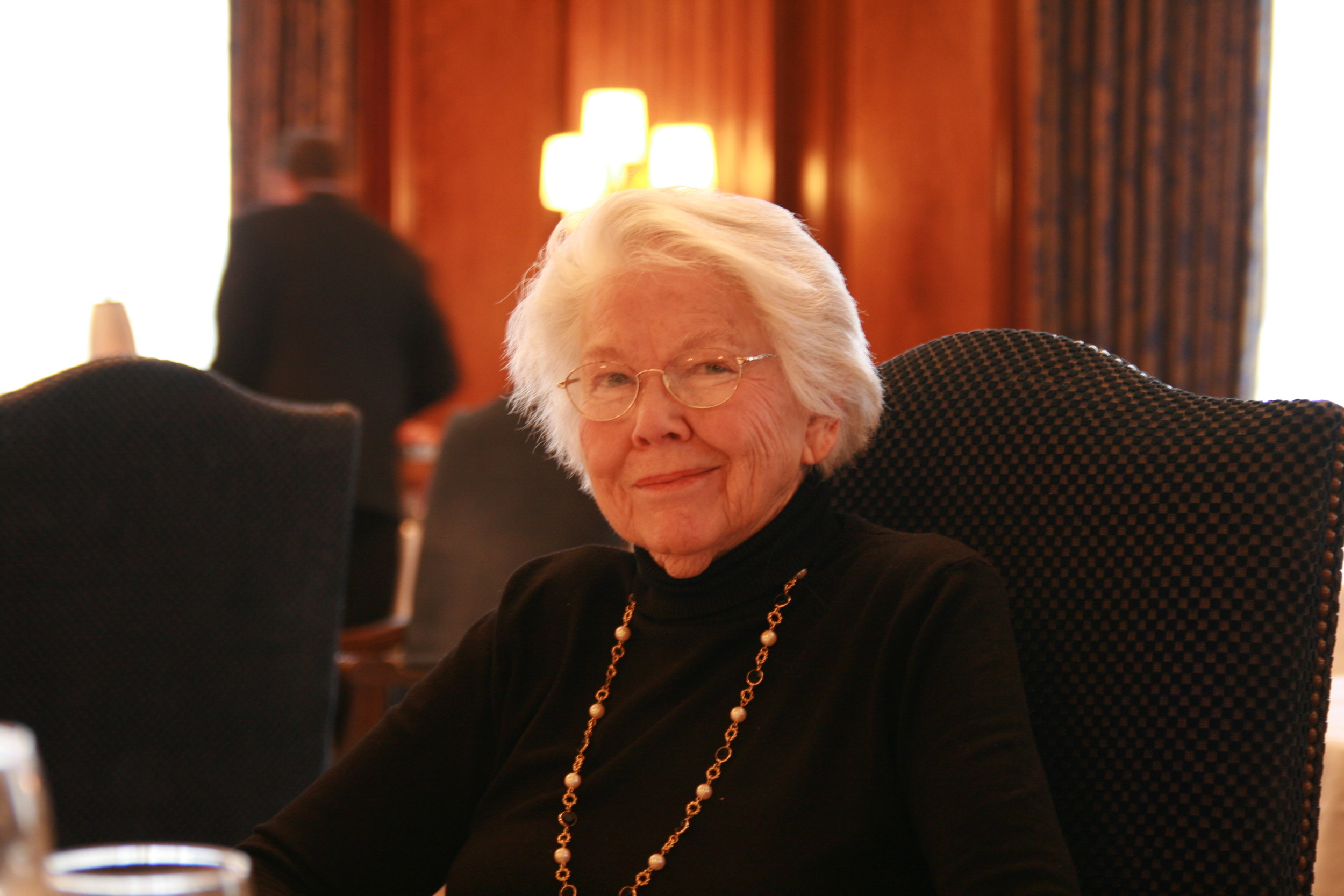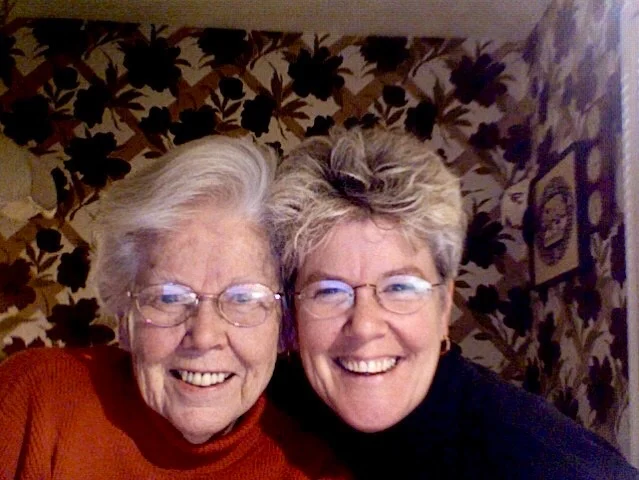How Shall We Pray? A reflection on the Lord's Prayer
Adapted from a July 28 sermon at the Chapel of St. James the Fisherman, Wellfleet, MA
The apostle Paul invites us to “pray without ceasing.” Good idea, but how? How shall we pray? Our patron James and his fishing buddies asked Jesus that very question; and Jesus, in turn, taught them to pray what we have come to call the Lord’s Prayer.
Last Sunday, we celebrated the Feast of St. James the Fisherman, taking a deep look at the Lord’s Prayer. But first, I asked the question: What is prayer?
I don’t know about you, but my prayers are usually fairly simple. They often start with “Thank you God,” and then I move on to words like: please, help, heal, give, strengthen, and protect. My prayers frequently include the line: “I’m sorry.” Sometimes, I offer up really profound phrases like: “I’m confused or lost, and I need guidance,” or “I’m tired, frustrated, or hurt, and I need comfort.” Sometimes, like Jacob, I wrestle with God; other times, like Moses, I complain to God; and once in a while, like Abraham, I bargain with God. And yes, there are times, when like Martha, I give God a piece of my mind.
Many of my prayers (and I bet yours, as well) are mundane versions of asking, seeking, and knocking. We come to God as beggars, asking for help and support; we approach God as seekers, looking for answers and advice; and sometimes, we knock on God’s door, in need of hospitality and companionship. These three words – ask, seek, and knock – are really the essence of the prayer that Jesus taught our patron James and the other disciples when they asked him, “Teach us to pray.”
Biblical scholar John Dominic Crossan describes The Lord’s Prayer as both Christianity’s “greatest and strangest prayer . . . a revolutionary manifesto and a hymn of hope.” He writes, “It is a prayer from the heart of Judaism on the lips of Christianity for the conscience of the world.”
In the words of Frederick Buechner, “We are asking God to be God; [and] we are asking God to do not what we want, but what God wants.” We also are praying that we might align our will with God’s will. Ironically, as Aldous Huxley once observed, “This third clause of the Lord’s Prayer is repeated daily by millions who have not the slightest intention of letting any will be done except their own.” Is that true for you and me?
When we pray, “Give us this day our daily bread,” we’re looking to God to both “keep us alive with three square meals” and sustain us in our spiritual journey. In using the first person plural, we also pray that everybody else have enough. Thus, when uttering these words, we’re invited to consider what nourishment or help we actually need, and what we’re doing to provide for the needs of others.
As we pray “forgive us our sins as we forgive those who sin against us,” we are called to recognize our daily need for repentance and forgiveness. We also ask that we might be merciful as God is merciful. Whether we choose the word “sin,” “debt,” or “trespass,” this petition exemplifies Jesus’ new commandment of mutual love, perhaps even suggesting that we are forgiven only so much as we are able to forgive. Therefore, when praying the Lord’s Prayer, we should ask ourselves: What do I need forgiven? For what do I need to forgive others? Or, on whose door do I need to knock?
As we pray the final petition of the Lord’s Prayer, “save us from the time of trial,” or “lead us not into temptation,” we seek God’s companionship that we might remain alert during the challenging times of our lives. In doing so, we are not asking that we might be spared difficulties. Rather, we’re calling upon the love of God to abide with us and to give us strength so that we might pass through such testing, trials, and temptations with perseverance and without abandoning the core of who God has called us to be.
Beginning with James and his fishing buddies, this simple and short prayer has encouraged, comforted, and challenged believers and non-believers throughout the ages. It has been recited in churches, catacombs, colosseums, camps, and on crosses. It has been spoken, sung, chanted, and translated from the original Aramaic into thousands of languages. Over the millennia, the Lord’s Prayer has been faithfully adapted and edited in efforts to be understood in as human language evolves.
However we translate it, when we pray the prayer that Jesus taught, we ask that God will do the seemingly impossible – make the ordinary holy, make the reign of divine justice and peace a reality, lift up the voices of the oppressed, provide whatever is needed in the moment, forgive those who need to be forgiven (including ourselves), and save us all from the time of trial and temptation.
With each passing day, my prayer life becomes increasingly important to my spiritual well being, and as my Frontotemporal Degeneration advances, my conversation with God is becoming increasingly quiet. I joke that I can finally go on a silent retreat. As words diminish, much of my daily prayer is now expressed through movement and music.
The familiar prayers of my childhood are my favorites, and at bedtime, I still find myself praying, “Now I lay me down to sleep. . . .” Every morning, I sing the Shema (“Hear O Israel, the Lord our God, the Lord is one”), for it keeps me connected to my Jewish heritage. I love the prayer of St. Francis, but I’ve lost the ability to recite it from memory. I take comfort in Thomas Merton’s prayer that begins “My Lord God, I have no idea where I am going. I do not see the road ahead of me. I cannot know for certain where it will end,” but I can’t remember the rest of it.
I also love the prayers of praise in our hymnal and those embedded in the music of Taize. I even like some of the psalms, including the contemporary ones of Leonard Cohen, Bob Dylan, Joni Mitchell, Van Morrison, Joan Osborne, and the Airborne Toxic Event.
When I get anxious (which is a major symptom of early-stage dementia), I repeat the prayer mantra: “Be still and know that I am God, and I am here with you.”
But for me, the Lord’s Prayer remains the center of my prayer life. I say it, not once, but many times a day. I recite it upon waking up in the morning and falling asleep at night. I say it while swimming, walking, biking, holding a yoga pose, sitting in traffic, and watering my garden. And it is the prayer I pray most with other people.
The more I pray the Lord’s Prayer, the more confident I become that God’s will can be done on earth as in heaven if we all bend our ears, hearts, and minds to God’s way. And saying it has changed my life and my heart. In fact, every time I pray it, I go deeper into the mystery that is God.
Jodi Picoult, in her 2008 novel entitled, Change of Heart, made this observation about the Lord’s Prayer: “Before I realized what I was doing, my own mouth had started to form the words, a muscle memory. And to my surprise, instead of it feeling false or forced, it made me relieved, as if I had just passed the baton to someone else…It felt like putting on flannel pajamas on a snowy night; like turning on your blinker for the exit that you know will take you home.“
That’s how I feel when I pray these words. They come from a muscle memory deep inside, they signal my way home, and I am confident that they will remain with me, even when my ability to speak is gone. Then, in the stillness and silence of my heart, I will pray: “My God in heaven, holy be your name,”
This morning, I encourage you to “pray without ceasing.” And when you’re not sure how or what to pray, I suggest you try the Lord’s Prayer. In the end, it’s as good as it gets.

